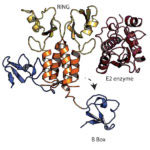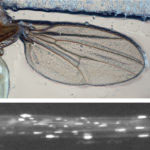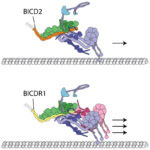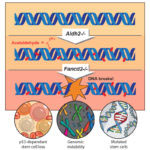
During a viral infection, our immune system produces potent antiviral molecules which are hugely important for restoring us to health. However, if made at the wrong time these molecules can be damaging, leading to autoimmune diseases such as rheumatoid arthritis and multiple sclerosis. Our antiviral response must therefore be tightly controlled so that we are protected against infection but do not suffer from autoimmune disease.


